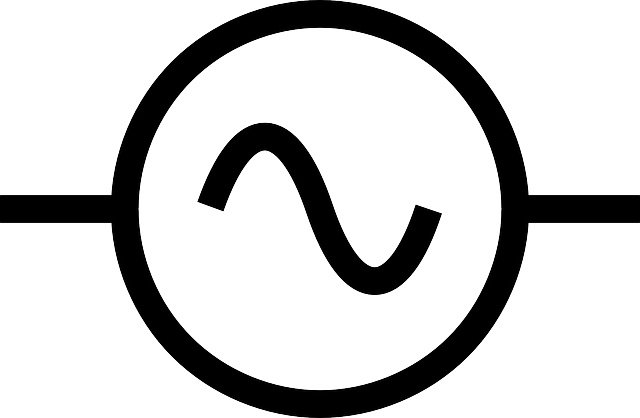
If you’re thinking about buying an electric vehicle (EV), you might be wondering what type of motor they use. EVs don’t use the same type of motor as gas-powered vehicles. Gas-powered vehicles feature a combustion motor that burns a mixture of gas and air. EVs, on the other hand, feature an electric motor that runs exclusively on electricity.
While all EVs feature an electric motor, the type of current they use may vary. Some EV motors use alternating current (AC). Others use direct current (DC). For a better understanding of these two types of EV motors, keep reading.
AC Motors
Most EVs today use an induction AC motor. They typically run on 240V of AC and support three phases. Like DC motors – as well as combustion motors – AC motors will produce a rotational force. This rotational force is essentially what turns the wheels and propels EVs forward.
DC Motors
While not as common as AC motors, some EVs use a DC motor. DC motors, of course, run on DC rather than AC. DC motors are classified as induction motors. They typically run on about 96 to 192V of DC, which they use to produce a rotational force.
Differences Between AC and DC Motors for EVs
Aside from running on different forms of current, AC and DC motors differ in several ways. AC motors, for instance, are more powerful than DC motors. They can typically accelerate more quickly and achieve a higher top speed. If you’re looking for performance, an AC motor is the way to go.
With their regenerative characteristics, AC motors can double as power generators. In other words, you can use an AC motor to power your devices if there’s a power outage in your neighborhood. As long as your EV is fully charged and has an AC motor, it will function as a power generator. DC motors don’t offer this functionality.
EVs that use a DC motor may charge more quickly than those that use an AC motor. DC charging stations produce less resistance, and less resistance means faster charging.
DC motors typically cost less than their AC counterparts as well. You can expect to pay more for an EV that features an AC motor. If you’re on a budget, you may want to choose an EV with a DC motor. DC motors are simpler and, thus, cheaper to produce. The end result is a lower price for EVs that use a DC motor.

